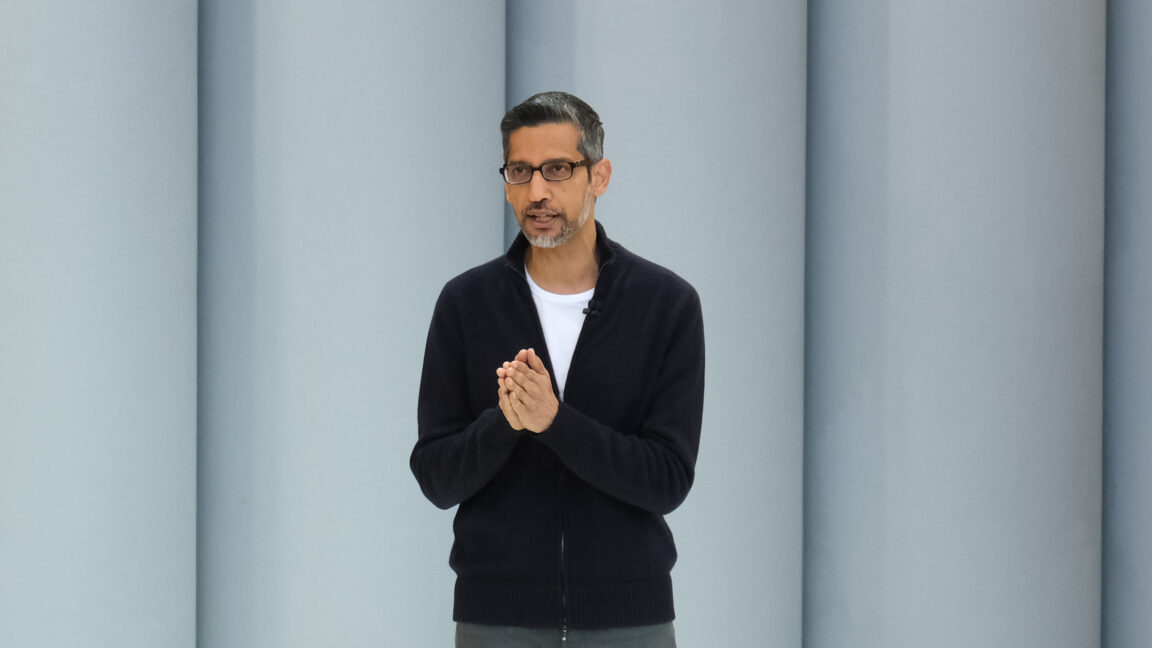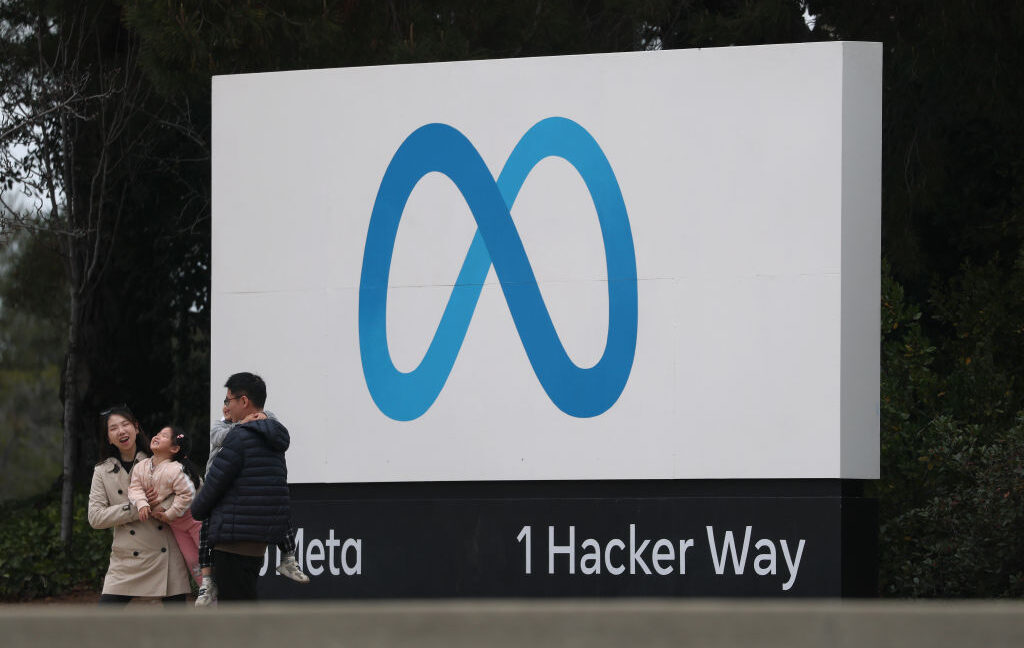Introduction to Dubai’s AI Strategy
Dubai launched its State of AI Report in April 2025, revealing over 100 high-impact AI use cases. The emirate is making a calculated bet that speed, not spending, will determine which cities win the global race for AI-powered governance. In an exclusive interview, Matar Al Hemeiri, Chief Executive of Digital Dubai Government Establishment, revealed how Dubai’s approach to AI government efficiency differs fundamentally from both its regional competitors and established Asian tech hubs.
The Dubai AI Advantage
Dubai’s model is to embed AI ethics, interoperability, and explainability into a scalable governance framework. The results are already visible, with DubaiAI, the citywide AI-powered virtual assistant, providing information on more than 180 public services. This represents one of the most comprehensive government AI chatbot deployments globally. The system handles 60% of routine government inquiries while cutting operational costs by 35%.
Speed as Strategy
What sets Dubai apart in AI government efficiency isn’t just what it builds—it’s how quickly it deploys. Once an AI initiative is announced, it is swiftly activated, moving from pilot to deployment within months, far faster than the global norm. In 2025, over 96% of government entities had adopted at least one AI solution, and 60% of surveyed users preferred AI-supported services.
Beyond Chatbots
While DubaiAI captures headlines, less-publicized implementations are delivering measurable impact. AI models are now detecting chronic conditions such as diabetes at earlier stages, while predictive algorithms improve auditing systems within the Dubai Health Authority. In energy infrastructure, smart grids powered by real-time AI forecasting tools are optimizing consumption and reducing environmental impact.
Data Sovereignty
Dubai’s approach to data governance offers a middle path between China’s strict localization requirements and the EU’s GDPR framework. Dubai’s model allows anonymized citizen data to remain within Dubai’s jurisdiction under robust sovereignty laws but can be securely shared across entities with the user’s consent for government services.
The Startup Sandbox
Dubai positions itself as a testing ground for AI startups, offering more than regulatory flexibility. Dubai’s AI sandboxes combine regulatory flexibility with direct access to government datasets and real-world testing environments. One healthcare diagnostics startup piloted within Dubai’s sandbox has already integrated its AI triage tool into Dubai Health Authority services.
Converting Global Attention into Economic Returns
Dubai AI Week 2025 attracted participants from 100 countries and partnerships with Meta, Google, Microsoft, and OpenAI. Dubai is focused on converting attention into tangible outcomes, with post-event working groups established to identify and accelerate joint projects. These partnerships feed directly into Dubai’s D33 Economic Agenda, which aims to generate AED 100 billion annually from digital innovation.
Quiet Wins and Future Risks
When pressed about initiatives that deliver value without media fanfare, Al Hemeiri highlighted the UN Citiverse Challenge, which brings together innovators to design AI-powered solutions for inclusive public services and sustainability. On risks, Al Hemeiri was direct: "The greatest risk is scaling without sufficient oversight." Dubai mitigates this through continuous system audits and a requirement for explainability in all public sector AI.
The Five-Year Test
Asked what would constitute failure five years from now, Al Hemeiri said that it "would mean fragmented AI adoption without improving citizen trust, efficiency, or quality of life." Success, conversely, would be "when AI-powered public services are seamless, anticipatory, and inclusive, easing the lives of citizens and residents, and naturally becoming a blueprint replicated by other governments globally."
Conclusion
Dubai is testing the hypothesis that in the race to build AI-powered governments, velocity matters as much as vision. With 96% of government entities already adopting AI solutions and deployment timelines measured in months rather than years, Dubai is positioning itself as a potential model for how cities can deploy transformative technology at speed without sacrificing ethical oversight or public trust.
FAQs
Q: What is Dubai’s State of AI Report?
A: Dubai’s State of AI Report reveals over 100 high-impact AI use cases and showcases the emirate’s approach to AI government efficiency.
Q: How does Dubai’s AI strategy differ from other cities?
A: Dubai’s model is to embed AI ethics, interoperability, and explainability into a scalable governance framework, and it focuses on speed of deployment rather than spending.
Q: What is DubaiAI, and what services does it provide?
A: DubaiAI is a citywide AI-powered virtual assistant that provides information on more than 180 public services and handles 60% of routine government inquiries.
Q: How does Dubai ensure data sovereignty?
A: Dubai’s approach to data governance allows anonymized citizen data to remain within Dubai’s jurisdiction under robust sovereignty laws but can be securely shared across entities with the user’s consent.
Q: What is the goal of Dubai’s D33 Economic Agenda?
A: The goal of Dubai’s D33 Economic Agenda is to generate AED 100 billion annually from digital innovation.











